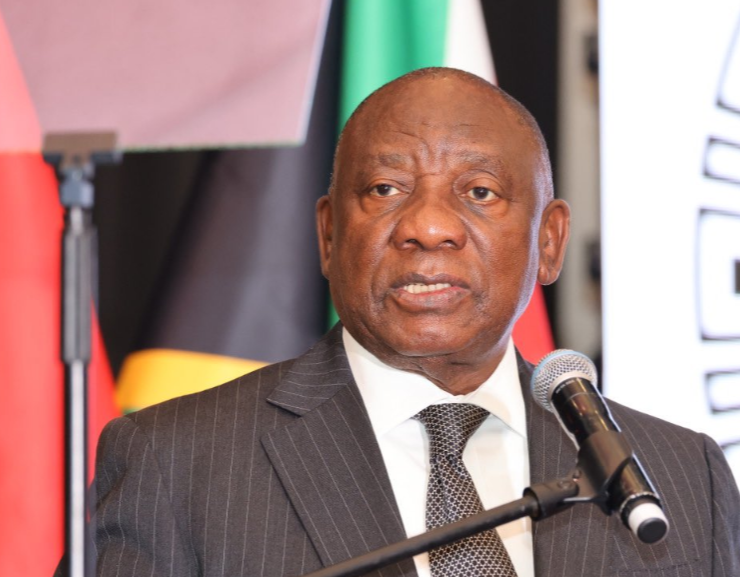Cape Town – South Africa’s new Expropriation Act has ignited debate over property rights, economic stability, and land reform.
Signed into law by President Cyril Ramaphosa in January 2025, the legislation grants the government the authority to seize land, buildings, and other assets in the public interest — sometimes without compensation.
While the government insists the law will be applied fairly and transparently, concerns have been raised about its implications, particularly regarding property rights and economic stability.
Critics fear the law could lead to arbitrary property seizures and discourage investment, drawing comparisons to Zimbabwe’s land expropriation policies, BusinessTech reported.
Political scientist Frans Cronje warns that weakening property rights could hinder economic growth and job creation.
“With the previous Act, property rights were secure because market values provided an objective measure for compensation,” Cronje said. “Now, concepts like ‘national interest’ introduce ambiguity in determining fair compensation.”
🏡#LandExpropriation: What Kind of Land Can Be Expropriated?
Under the proposed Expropriation Bill, land may be expropriated in the public interest or for public purpose.
– The Act applies to land, buildings, and other assets, for legitimate public use.#GovZAUpdates pic.twitter.com/x2F5OoPtot
— South African Government (@GovernmentZA) March 26, 2025
He added: “It is maddening that the discussion around the Expropriation Act is centred on land and nil compensation. The core problem at the heart of the Act is hardly understood across South Africa’s economy.”
Internationally, the law has drawn criticism, with former US President Donald Trump threatening to cut off funding to South Africa pending an investigation.
However, the South African government maintains that the Act ensures due process and court oversight, aiming to promote land reform and economic inclusivity.
According to IOL, Presidency spokesperson Vincent Magwenya said the Bill had undergone a five-year process of public consultation and parliamentary deliberation, ensuring it aligns with the Constitution.
Economic inclusion
“Section 25 of the Constitution recognises expropriation as an essential mechanism for the state to acquire property for a public purpose or in the public interest, subject to just and equitable compensation,” Magwenya said.
He added that the Expropriation Bill replaces the outdated 1975 Expropriation Act, aligning expropriation mechanisms with democratic principles and facilitating land reform.
The Democratic Alliance (DA) and the African National Congress (ANC) have taken opposing positions on the Expropriation Bill. The ANC defends the legislation as a tool to redress historical injustices and promote economic inclusion while respecting property owners’ rights.
Meanwhile, the DA has vowed to challenge the bill.
Public Works and Infrastructure Minister Dean Macpherson strongly opposed the legislation, stating he would not allow the expropriation of private property without compensation.
“As the Minister of Public Works and Infrastructure, there will be NO expropriation of private property without compensation on my watch. The guarantee of property rights under Section 25 of the Constitution is not up for debate and is non-negotiable,” he said in a post on X.
As the Minister of Public Works and Infrastructure, there will be NO expropriation of private property without compensation on my watch. The guarantee of property rights under Section 25 of the Constitution is not up for debate and is non-negotiable.
— Dean Macpherson MP (@DeanMacpherson) January 24, 2025
He further emphasised: “In terms of the law, only Ministers implement Acts and regulations. Anyone who claims to speak for the department is just giving an opinion.”
In terms of the law, only Ministers implement Acts and regulations. Anyone who claims to speak for the department is just giving an opinion.
— Dean Macpherson MP (@DeanMacpherson) January 24, 2025


